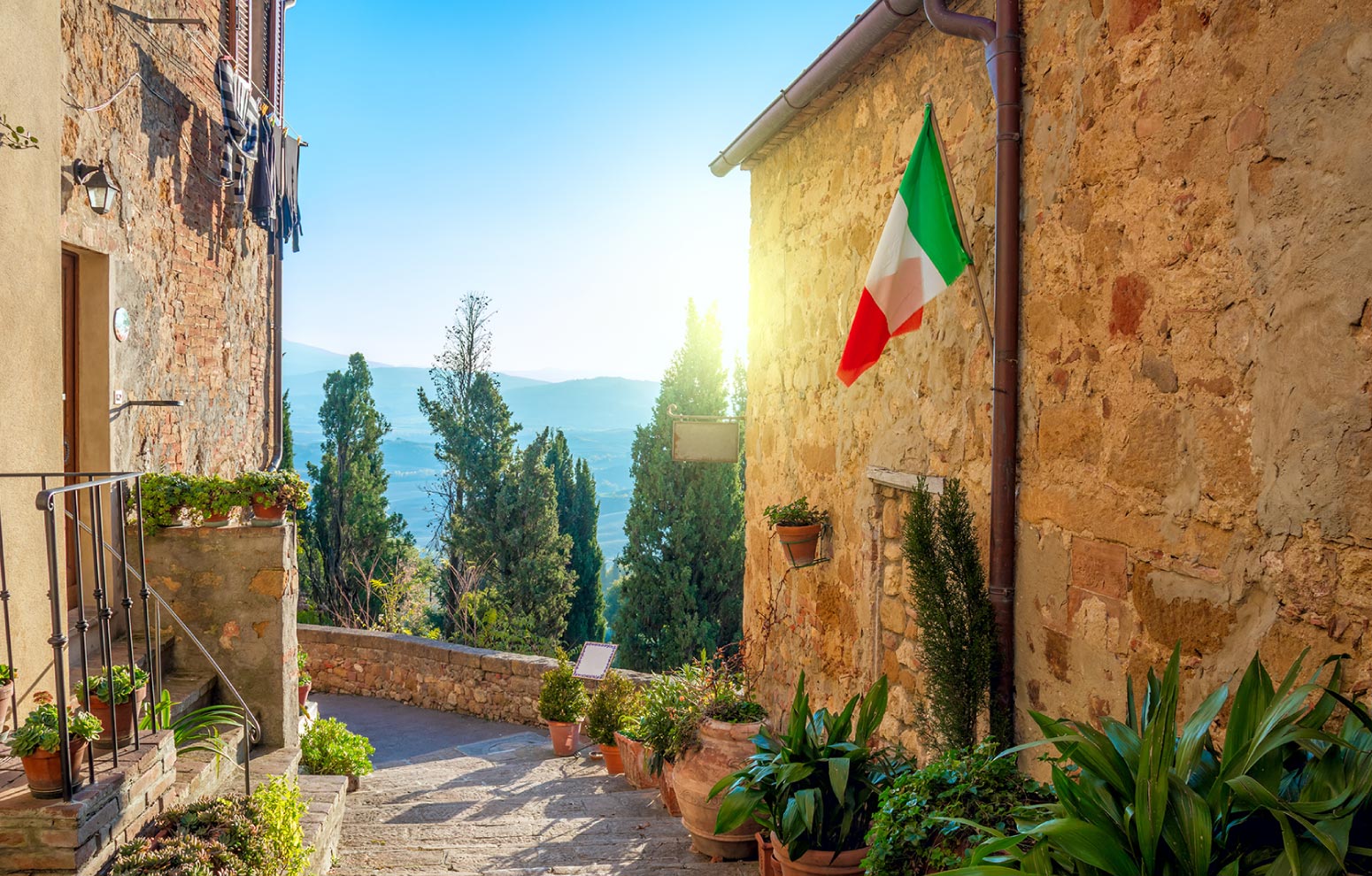When it comes to buy property in Italy Legal Due Diligence represents the necessary and very first initial step to do in order to avoid unpleasant surprises before any offer to purchase is placed in. Hiring the service of a trustworthy Italian Lawyer providing independent legal advises is certainly the ideal decision to go through a stress free process and being sure to rely on the support of a professional making his Client very best interest.
Legal due diligence is the process of collecting, understanding and assessing all the relevant documents and information related to the property transaction; it confirms the right value of the property, highlights the potential risks involved into the transaction and so help setting the right buying strategy; it’d be surprising how determinant could be the result of the analysis when it comes to estimate the value of a property (besides its mere market price).Ideally it should be committed before presenting any Offer to Purchase or formally entering the negotiation (i.e. LoI); nevertheless it can be carried out also in a second phase, so immediately after the “conditioned” Proposal of Purchase would be accepted by the Vendor. The whole process itself involves a complete analysis of the documentation, and in particular includes:
a. Title search: the legal check of the title of ownership and its history
b. Mortgage inspections: making sure there are no prejudicial inscriptions, debts of burdens against the property
c. Building Compliance: the respect with the city planning, environmental, urban and cadastral regulations; It mainly refers to the existence of the proper authorizations (i.e. building permit, certificate of habitability, building legalization, building amnesty, etc) confirming the regularity of the construction and the conformity to its proper legal use (Residential, Office, Retail, Industrial, agricultural, etc.) with the current urban planning/construction regulations.
d. Cadastral checks: It consists in checking the cadastral regularity of the property through land registry searches, cadastral plans and official graphic representations.
e. Property status of occupancy: it refers to the status of the possession/detention of the property, and in particular carrying out the formal checks about the existence of any occupancy title (i.e.. lease agreements, contract of use of premises, etc).
f. Energy Certificate (APE): The certificate of energetic efficiency (APE) is mandatory for each transaction; at the end of the Legal Due Diligence process the Consultant has to make sure that the property has one; if not it is necessary to make it; it is a document typically provided by the seller (and at his expenses).
Structural/Installations/Security Due Diligence
In some case it is also required to check the structural conditions of the property, its static and the level of security that the structure has.
Also it is important to get the certificate of compliance of the installations (water, electic, heating, air conditioning, etc). Due Diligence dealing with security instead is made up of the verification of documents to do with the carrying out of security regulations (i.e. fire prevention certificate, anti-seismic conditions).
Recent News & Events
The first half of 2023 marked a slowdown in the residential real estate market, but a recovery could be seen starting from the second half of 2024; the slowdown in inflation and the possible drop in interest rates could herald a new impetus for the housing market in Italy starting [...]
Clemente Law Firm attending the FIAIP SUD SARDEGNA Event 2023 explaining the peculiarities of buying home in Italy when there is an international buyer involved. Cagliari, October 27th, 2023
The temporary content of the article 19 of the 2024 budget Law, approved last October 16th provides changes concerning the flat tax for short-term rentals, which seems destined to grow by a few percentage points. It seems likely that taxation will increase from the current 21% to 26%. [...]
The Budget Law 2019 (Law No. 145/2018 - Art. 1, paras. 273 – 275) approved incentives for those individuals (non resident) in Italy who receive a pension provided by foreign legal entities and choose to move to certain regions in the south Italy. This Law allows them to subject [...]





